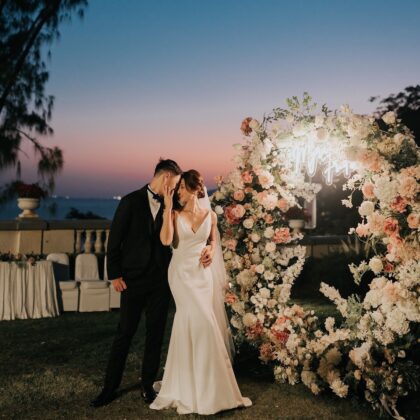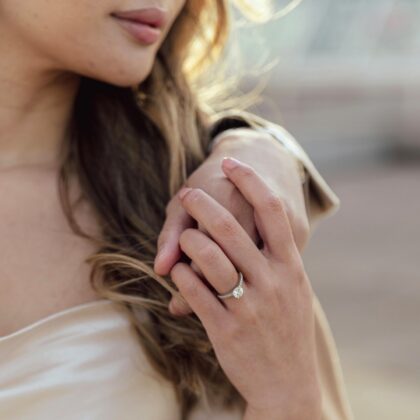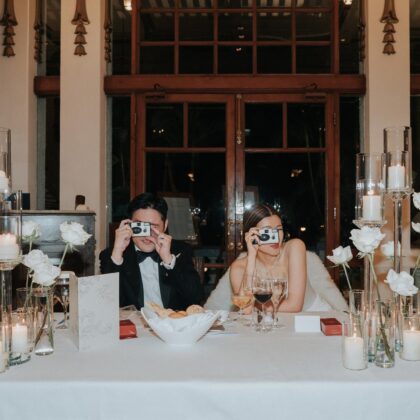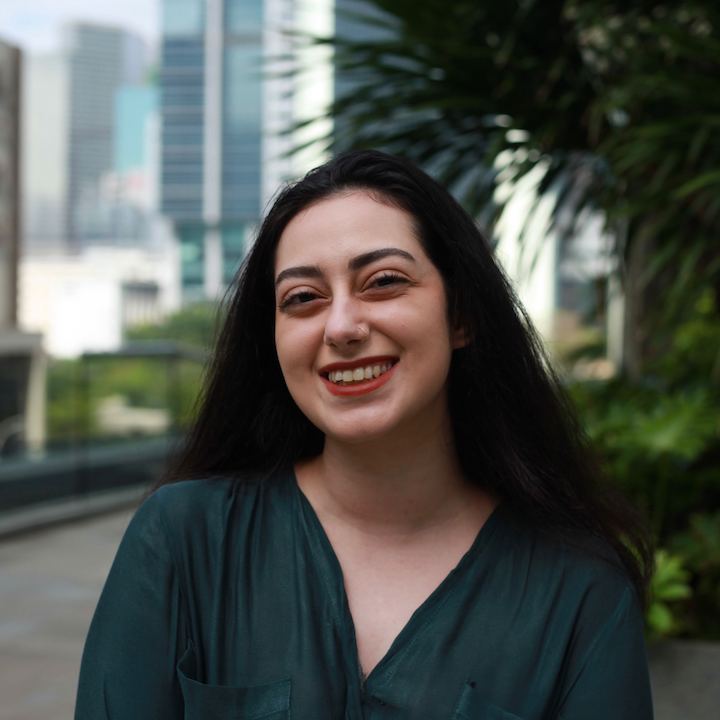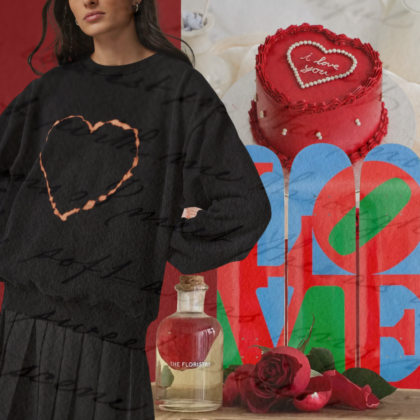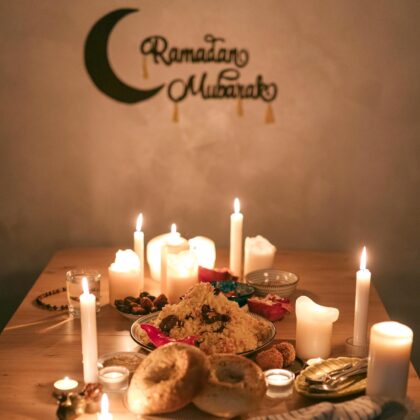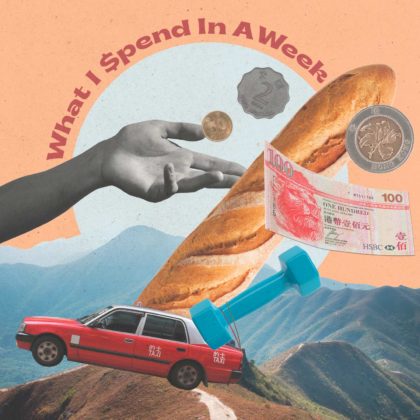Welcome to Hong Kong Dating Stories! In our first instalment, we take a look at interracial couples and intercultural relationships…
In this new series, we’re looking at Hong Kong couples and the city’s dating scene, what our personal and romantic relationships are like and how our upbringing here and abroad has made a difference in the way we view and build them. In our inaugural post, we’re looking at intercultural couples of different ages and relationship lengths, discovering their experiences dating outside their ethnicity, considering the reactions from their community members and loved ones and more…
Read More: 6 Dating Tips – How To Date With Ease
Our Couples
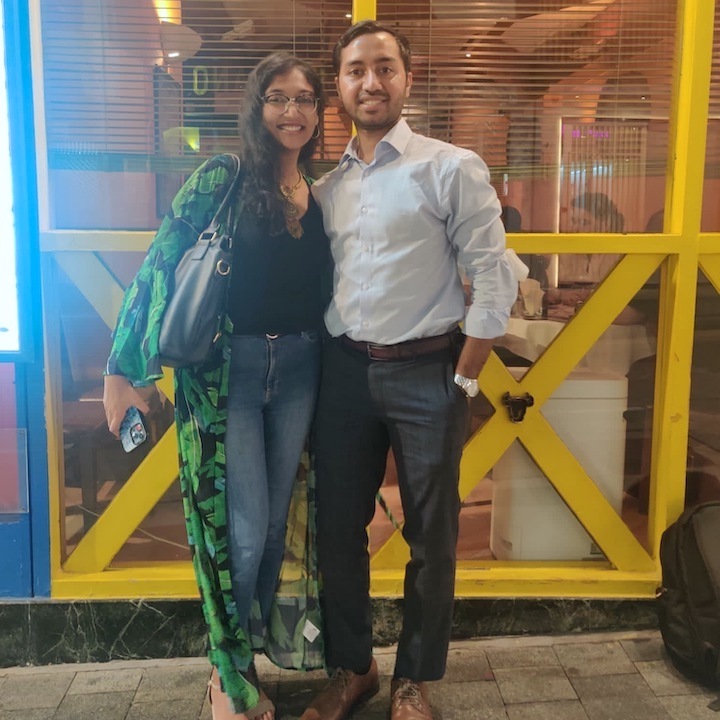
Fashila, 27, is an Indian Hongkonger dating a 28-year-old Bangladeshi. You may recognise her as our Associate Editor and we’re pleased to confirm that the couple is recently engaged!
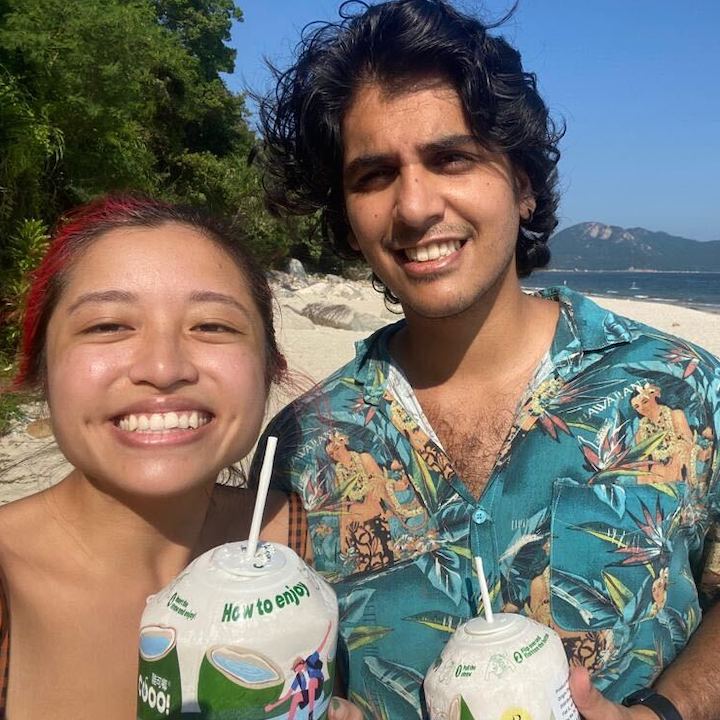
E (pseudonym) is a Chinese-American dating an Indian. They’re both in their mid to late 20s and met in Volar (which closed in 2021 after 17 years of operating in Lan Kwai Fong!).
Lastly, Olivia (pseudonym), 30, is Filipino Chinese dating a 31-year-old French man. This couple met through the app “happn” and have been together for 4 years.
Have you told your family? What was their reaction?
Fashila: Yes. They love him and even if my mom at times struggles to communicate with him, she finds her ways.
E: I told my family about my partner 3 years into dating him but I told them it had been 2 years. Their initial questions were a bit questionable (they actually asked what passport he had!) but they haven’t had a strongly negative or positive reaction to him yet.
Olivia: [My family] didn’t say anything until they noticed certain things that he did. Like if he was offered food by my parents, he would always accept it. This is a cultural difference of ours, it’s rude to refuse food in his culture (French).
Did you tell them straight away?
F: I didn’t. I knew I would only introduce him to my parents if we were both on the same page. We got to know each other first and waited for the right time to tell them.
O: Yes, I was annoyed my parents were creating drama about it so I just wanted it to be resolved right away.
E: My parents’ biggest concern is religion because they are both very Christian. I haven’t been Christian in a long time. It was tough for me to tell them about my partner because I was really scared about disappointing them (he’d consider himself agnostic or spiritual).
But I worked through these fears with friends and a therapist. I’m constantly trying to remind myself that being a Christian is no longer something that is good for me (in fact, it put me into years of therapy), and I can’t control what expectations my parents put on me. But I can choose to be with someone who not only brings me joy but helps me grow and be a better person.
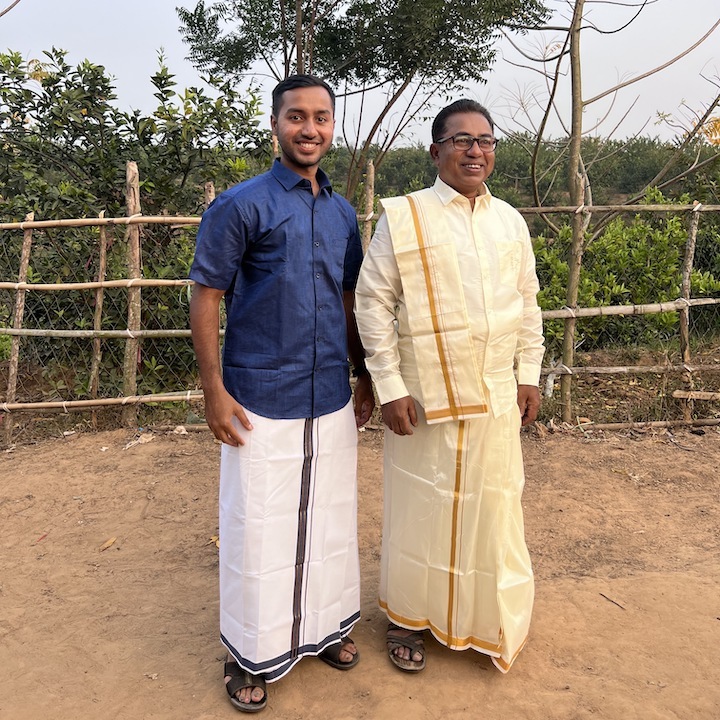
Two Bengalis dressed in traditional Tamil attire
Was there pushback?
F: Not really. Despite being from different countries and speaking entirely different languages*, ultimately we both prioritise coming from the same religious background.
E: Nope — or not yet?
*Bengali is an Indo-Aryan language like Punjabi, Hindi-Urdu, Nepali and Gujurati (and more!), while Tamil is a Dravidian language!
Did your friends have any interesting reactions? Did you hesitate to tell them?
F: They’ve started calling me a Bengali or a half-Bengali (haha!). And telling them was a breeze. Again, this could be because we’re both [South Asian] and share the same religion.
E: My friends have been pretty encouraging of our relationship — I didn’t hesitate to tell them! I don’t think they would ever judge my partner based on their race or ethnicity. Some of my friends are desi* and many of them are also in interracial and intercultural relationships.
*Meaning “of the nation” in Hindi-Urdu and other Indo-Aryan languages. An umbrella term commonly used for North Indians, Pakistanis and Bangladeshis.
Read More: How To Stop Comparing Your Relationship To Others
Would you consider you and your partner to be quite similar or different?
F: We’re very similar.
E: Very different – which means there has been much to learn from each other and many ways to grow in our relationship. Communication is key.
O: We are different but similar in some ways.
How about culturally and when it comes to how you practice and engage with your culture?
F: His side is more loud and sociable whereas my side is more reserved and conservative, so yes we do have quite a number of cultural differences despite being from neighbouring countries (India and Bangladesh). But we both bond over our love for seafood, especially fish!
E: I think we’re both pretty engaged with our cultures (Chinese-Amerian and Indian) — the good and the bad! We talk a lot about the political aspects of our cultures, and I enjoy learning from what he has to say as I also enjoy sharing about my upbringing.
Read More: How To Break The Cycle Of Relationship Burnout
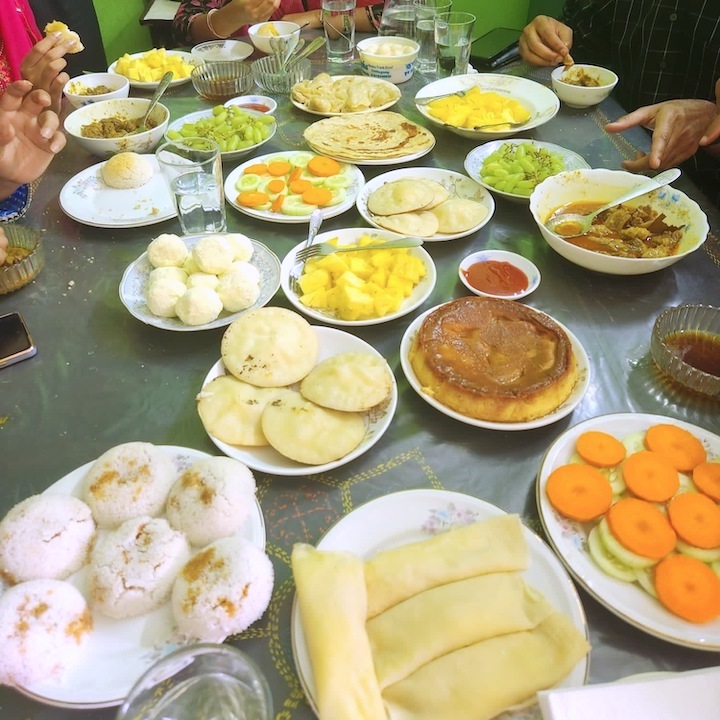
A spread of Bengali pithas, some of which are very similar to Tamil cuisine!
What surprised you the most about your partner’s or each other’s culture?
E: I was most surprised by how long cricket matches are — I could not understand at first how one game could be five days long. I am also always surprised by how much more there is to learn about desi cuisine — I’ve enjoyed exploring this in Hong Kong by visiting restaurants and eating our friends’ cooking.
I was also impressed by how much I like Coke Studio songs (I usually find it hard to enjoy music when I don’t understand the lyrics, but some of those songs are just so beautifully performed — there’s no way to be unmoved while listening to some of them).
“I was, in fact, really surprised to find out we share a lot of traditions and favourite snacks.”
— Fashila
F: I was, in fact, really surprised to find out we share a lot of traditions and favourite snacks — whatever we both thought were unique to our cultures actually weren’t! From afternoon nibbles to superstitions and even minor similarities in vocabulary, it’s always interesting to find similarities and laugh about who copied whom!
O: In my culture (Filipino-Chinese), every elder is addressed as an aunt and uncle but I had to call his mom and dad by their first names. I felt really awkward saying it out loud, like I was being disrespectful to them.
Read More: 15 Valentine’s Day Gift Ideas Your S.O. Will Love
What do you love most about your partner’s culture?
F, dating a Bangladeshi: Their hospitality and warmth!
E, dating an Indian: I don’t think I can pinpoint one thing I love most! There’s a lot to love and lots more to learn.
O, dating a French man: The food, and the ability to slow down and enjoy the moment.
What are things to know about dating someone outside your own culture?
E: As long as your values align, there’s so much to learn and explore when you don’t confine yourself to only dating people of your own culture. Oftentimes, the toughest part to work out is family. But even for families of different cultures, there are ways to make it work: learn some phrases in another language, create other shared experiences that don’t require them to speak the same language, etc. Again, even when it comes to family, communication is key!
And hopefully, they can be happy that you’re happy with the person you’re dating. But that might not always be the case, so you need to decide for yourself what is most important to you when dating someone. There’s nothing wrong with wanting to have someone your parents can easily communicate with, but figure that out before you take deeper steps in your relationships.
Read More: The Best Relationship Podcasts For Love, Sex & Dating Advice
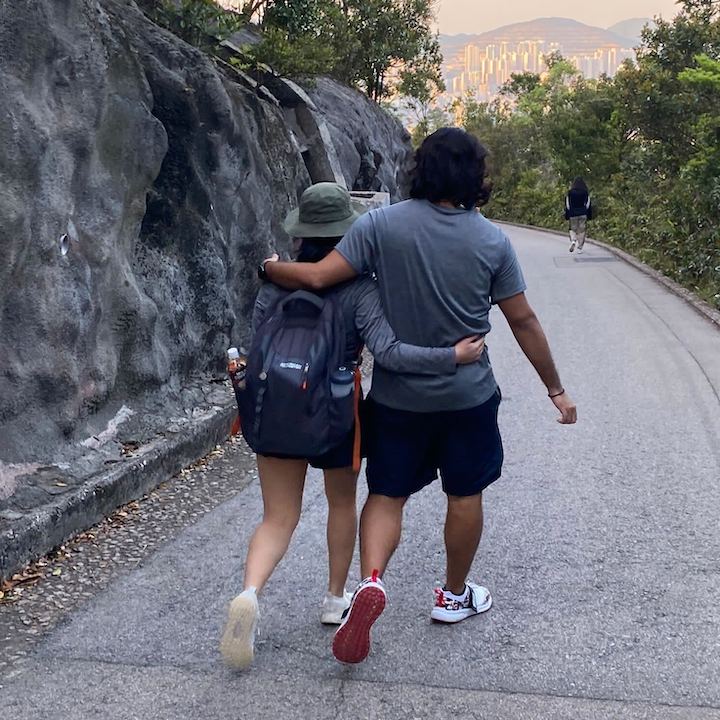
“We’ve learned that even when speaking the same language, certain words don’t always have the same implications for everyone.”
– E
What would you say someone should know about dating your ethnicity or your partner’s ethnicity?
O: In my culture (Filipino-Chinese), those older than us are always right and there are a lot more rules to follow in comparison to my partner’s ethnicity.
E: If you have a desi partner, don’t call curry “sauce”, or roti or paratha or naan “bread”! If you have a Chinese partner, don’t expect our desserts to be sweet. If you’re dating an American, it takes us time to learn to say “football” instead of “soccer” — sorry, we’re trying!
“It’s important to be open to each other’s culture”
— O
And finally, do you have any advice for other intercultural couples?
F: Always show respect to not only your significant other but also to their family. Embrace differences, listen with open ears and an open mind and lastly, try to learn their language or traditions, it’s super sweet and thoughtful!
E: Communication is key (openness is too, but hopefully most people already know that!). We’ve learned that even when speaking the same language, certain words don’t always have the same implications for everyone. It’s important to clarify exactly what the other person is saying before jumping to conclusions, especially during disagreements or tension.
O: It’s important to be open to each other’s culture and try to adapt, especially when meeting each other’s families.
Editor’s Note: Like what you read? We’re always looking for more people to share their thoughts and stories (whether you’re in a relationship or not!). Reach out to us at [email protected]
Main image courtesy of Getty, images 1, 3 and 4 courtesy of Fashila Kanakka, images 2 and 5 courtesy of E.



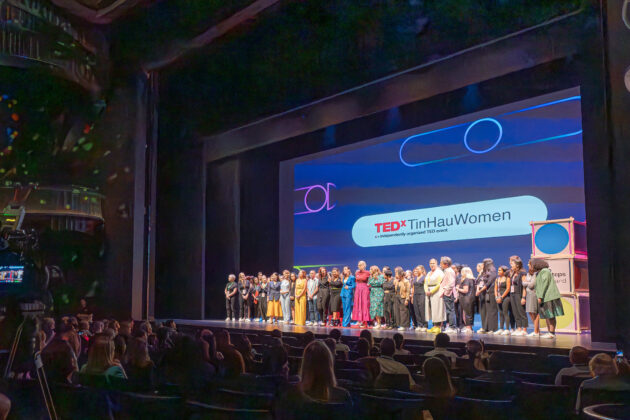
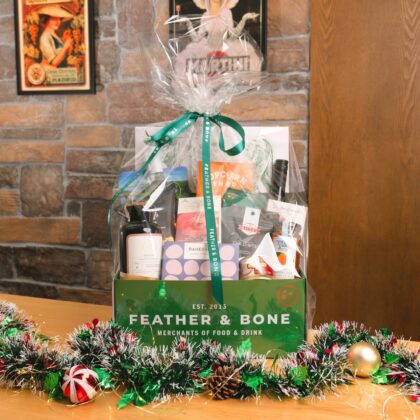
 Eat & Drink
Eat & Drink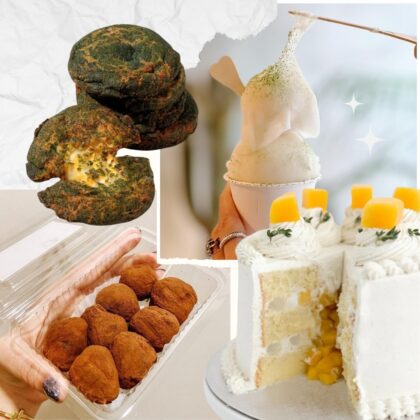

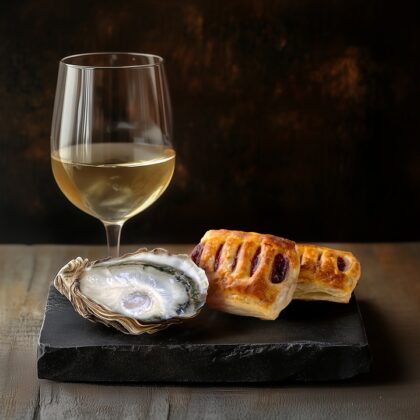

 Travel
Travel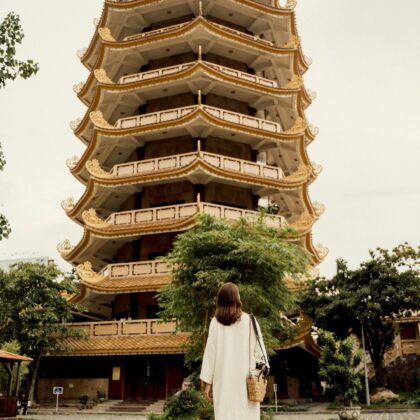
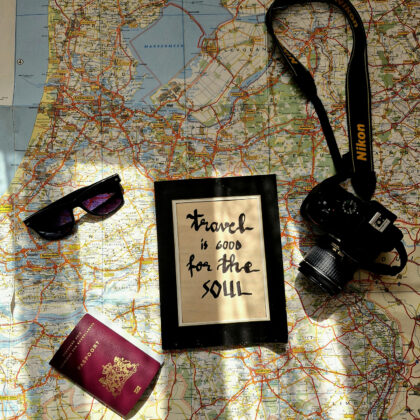


 Style
Style


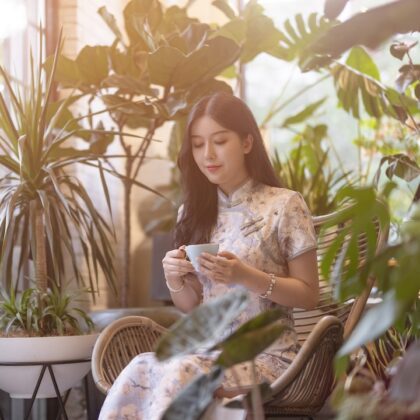
 Beauty
Beauty


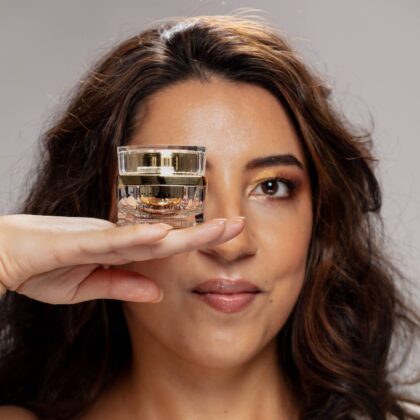
 Health & Wellness
Health & Wellness



 Home & Decor
Home & Decor


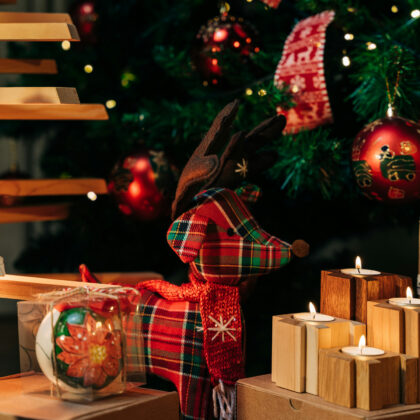
 Lifestyle
Lifestyle

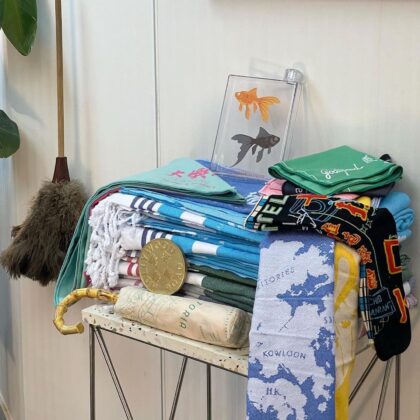
 Weddings
Weddings
